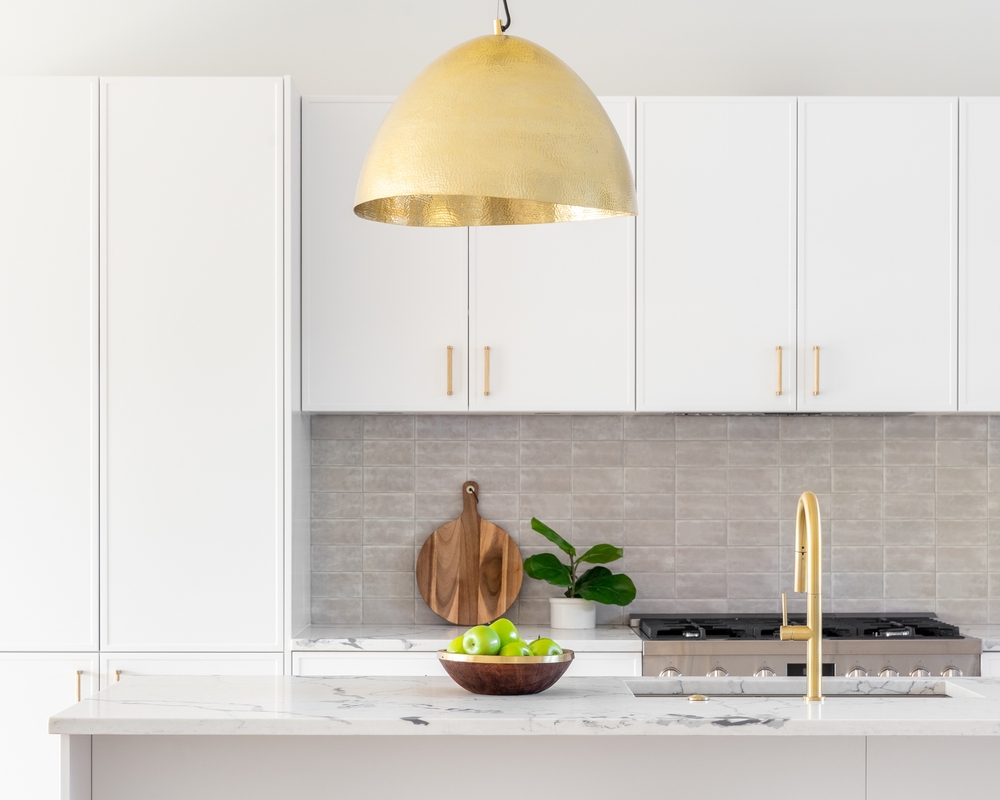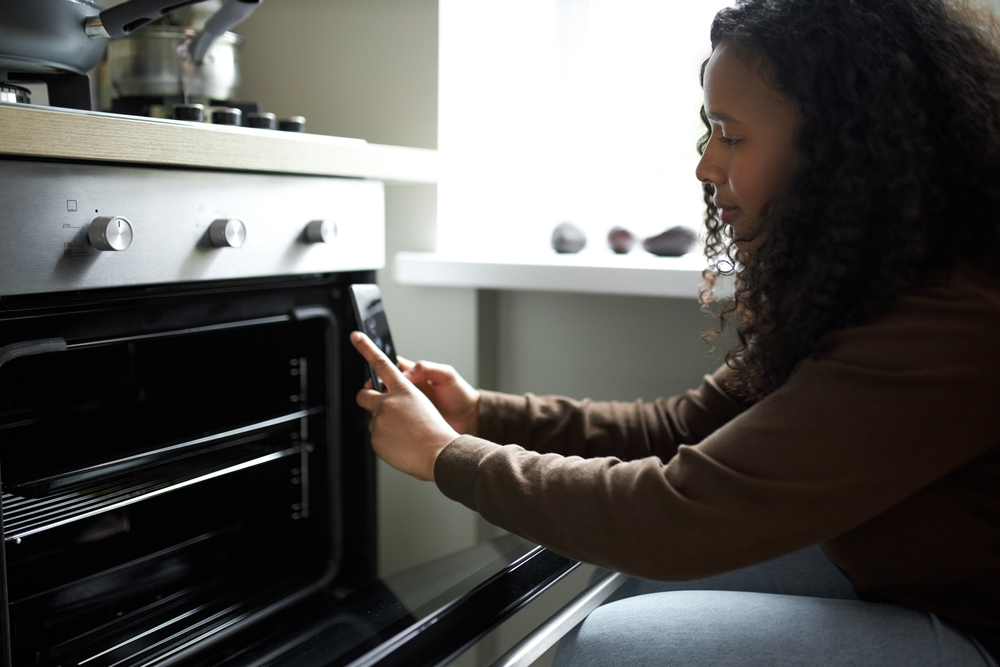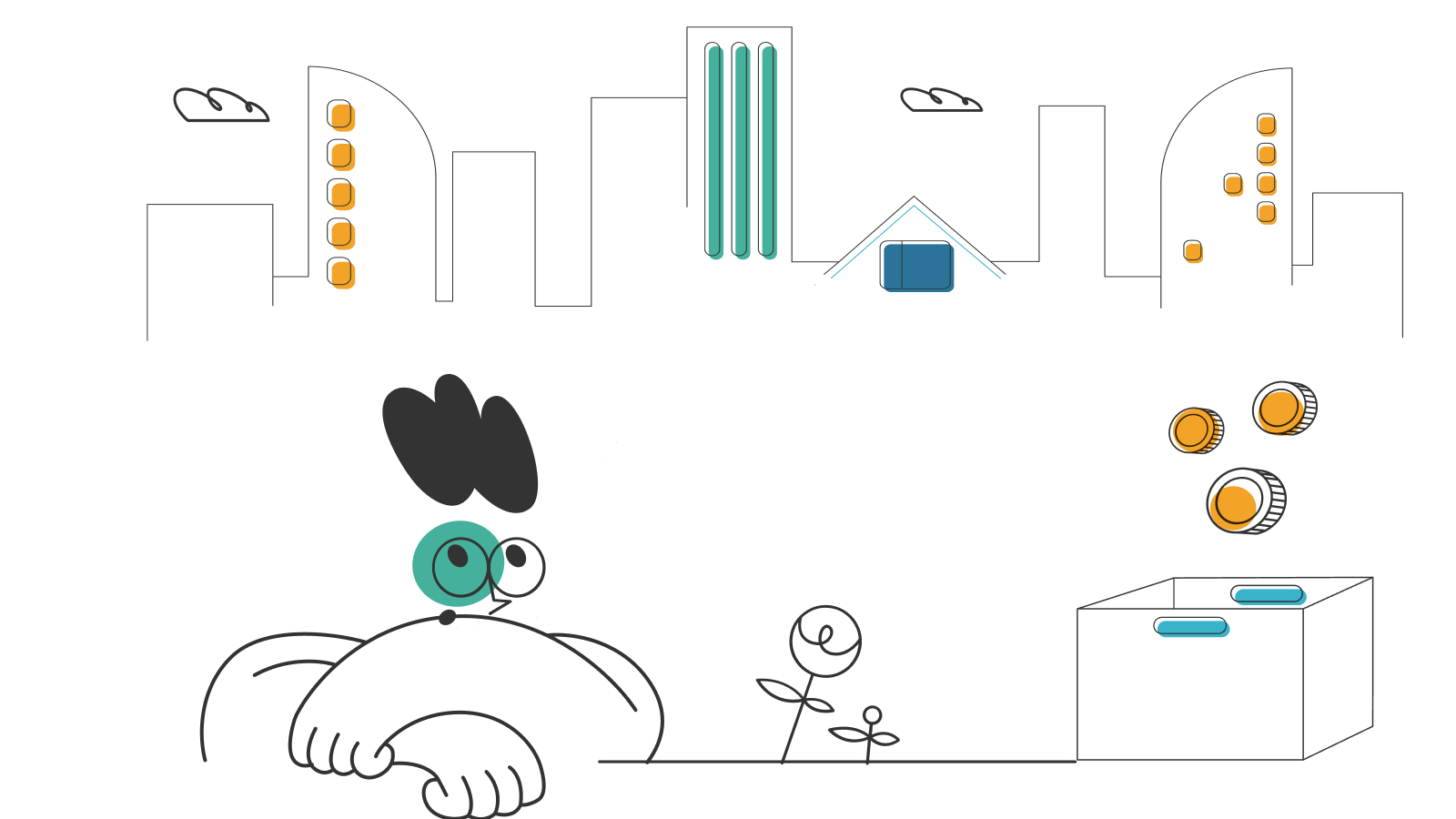How Much Does It Cost to Rent a Storage Unit?

Moving soon? Get organized with our free moving checklist.
Wondering how much it costs to rent a storage unit? We’re here to help you find the answer. Whether you’re moving to a new city, transitioning between homes, or trying to make some extra space in your current home, you need to plan before you start packing your belongings into storage. This guide will help you determine just how much you should expect to spend on a storage unit.
The cost of renting a storage unit
Here are a few things you need to consider:
1. Determine how much space you need in a storage unit.
You can save a lot of money using a smaller storage unit. Before making a choice, be sure you’ve cut down your belongings as much as possible. After that, you can find out how much it costs to rent a storage unit according to what size you need.
Extra small storage unit: 5’ x 5’
Average monthly cost: $60
A 5’ x 5’ storage unit is the size of a small closet. This space will work great for your needs if:
- You need to free up some closet space at home
- You need a place to store items like seasonal decor, garden tools, or sports equipment
- You are transitioning between homes and need a place to store some extra boxes
- You don’t need to store furniture

Small storage unit: 5’ x 10’
Average monthly cost: $200
A 5’ x 10’ storage unit is about the size of a small bedroom. Here’s when you should use this size storage unit for your belongings:
- You’re renovating one room in your house and temporarily need to store furniture somewhere
- You need to store a bed frame and some boxes
- You are downsizing and need to store some things while you figure out how to make room in your new home
- You don’t need to store large items like couches, pianos, or appliances
Medium storage unit: 10’ x 10’
Average monthly cost: $300
A 10’ by 10’ storage unit is around the size of a large bedroom or living room. It’s best to go with this size storage unit if:
- You’re transitioning from a small home or apartment and need somewhere to put your belongings for a while
- You have an extra couch or bed that you need to store, along with medium-to-large-sized boxes
- You’re renovating and have lots of furniture to store
Large storage unit: 10’ x 15’
Average monthly cost: $480
A 10’ by 15’ storage unit is the size of a small one-car garage. You’ll want to choose this size storage unit in the following circumstances:
- You’re going overseas or out of town and need to store the contents of a whole apartment or a three-bedroom home
- You need to store couches, a piano, a kitchen table, and appliances
- You have a lot of boxes
Extra large storage unit: 10’ x 20’
Average monthly cost: $500+
A 10’ by 20’ storage unit is the size of a large one-car garage. Here’s when you need to rent a storage unit this large:
- You need to store a car or a boat
- You’re downsizing for a while and need to store your entire home’s contents in the meantime
- You have to store several appliances, an entertainment center, or a dining room set
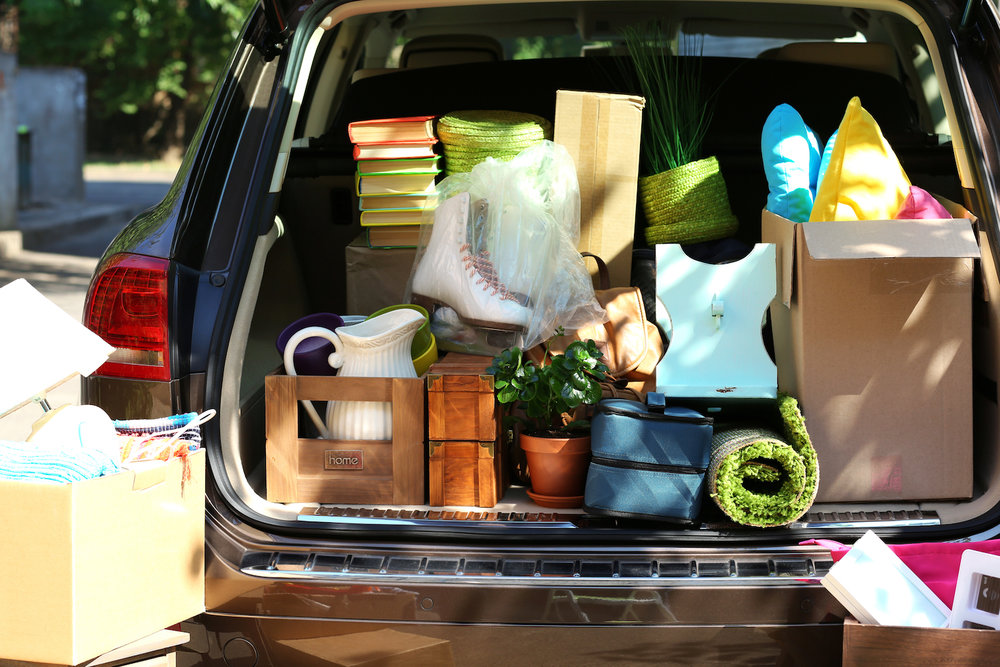
2. Where does your storage unit need to be?
How much it costs to rent a storage unit is determined by more than just size. Geographical location also significantly impacts how much it costs to rent a storage unit. For example, a unit that costs $30 a month in suburban Pennsylvania could cost double or even triple in downtown Philadelphia.
If you’re storing your belongings for several months while you travel overseas or transition between homes, you could save hundreds of dollars by choosing a storage provider farther away from a major city. However, if you need to access what you’re storing regularly, you may need to go with a more expensive, convenient option within your city or town. Ultimately, just be sure to compare prices in your area and choose the best option for your needs and budget.
3. Does your storage unit need to be climate controlled?
When determining how much it will cost to rent a storage unit, you must consider if you need a climate-controlled unit. Climate and humidity-control features typically keep a storage unit at temperatures above freezing and below 90 degrees and at a humidity of about 45% to 50%. This protects items at risk of mildew, mold, corrosion, or rust.
Before choosing a climate-controlled storage unit, be aware that this feature usually comes at a 20-50% premium. That means if it costs $50 a month to rent a regular storage unit, a climate-controlled unit would be closer to $60-$75 per month. If you’re renting storage long-term, this additional cost could add up quickly.
So how do you know if you need climate control? If you are packing your storage unit with photos, electronics, wooden or leather furniture, or documents, renting a climate-controlled storage unit is worth the extra cost.
If you’re storing belongings for an extended period, climate control is also essential to protect items from weather and humidity fluctuations. If you’re storing items for one month, it’s usually fine to disregard climate control. However, you may still need climate control even for short periods if you’re storing items during extreme outdoor temperatures, like during summer in the South).
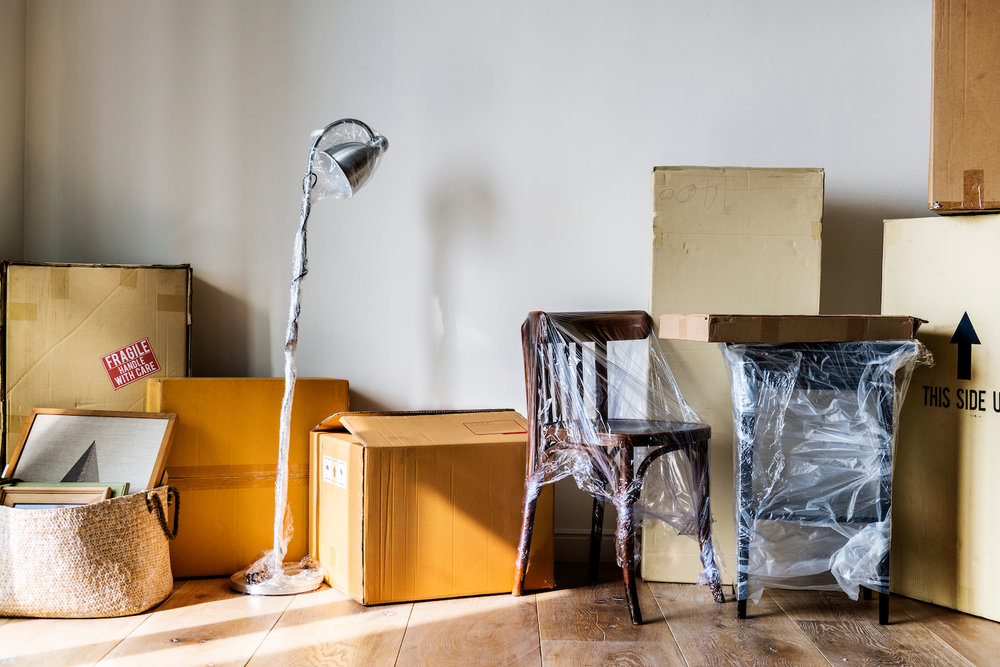
4. How long do you need to rent a storage unit?
Rental length also impacts how much it costs to rent a storage unit. As a general rule, long-term rentals are always cheaper than short-term rentals.
When you store your belongings long-term, the monthly cost to rent a storage unit often decreases because storage providers offer discounts to long-term renters. If you agree to rent a storage unit for six months, for example, most storage providers will offer a 15-30% discount on the monthly rate.
For short-term storage, the cost to rent a storage unit will be slightly higher. However, watch for “first month free” or “first month discounted” deals at storage providers. These deals can often decrease how much it costs to rent a storage unit. Just make sure you’re aware of the fine print — if there’s a first-month discount, you have to agree to rent storage for two months or more.
5. Do you need full-service storage or are you fine with self-storage?
Full-service storage usually has a higher monthly fee than self-storage, but depending on your situation, the cost difference may be worth it.
Self-storage is usually best for long-term storage. You’ll move things into storage yourself by renting a U-Haul or paying for movers, and you’ll put your own lock on the storage unit. You can access it whenever you want and get things out as you need. However, that also means it’s not the most secure storage option since members of the public can also easily access your storage unit. If you choose self-storage, just make sure you invest in decent security for your unit.
Full-service storage is a little more pricey than self-storage. However, the benefit is that full-service storage providers take care of your belongings from the beginning to the end of the process. Movers will pick things up from your home, sometimes even packing them for you, and then bring them back on demand.
The caveat is that you have limited access to your belongings once they are in storage, unlike the 24/7 accessibility of self-storage. Suppose you’re storing valuable items or leaving belongings in storage long-term (while you’re out of town or traveling overseas, for example). In that case, full-service storage is the most secure option available.

6. Do you need insurance to cover belongings in a storage unit?
Storage providers typically require you to insure your belongings before storing them. They often provide the option to purchase insurance during the process of reserving a storage unit. Depending on the provider, the cost can be as low as $6 per month. However, it’s more likely that you will have to choose from insurance starting at around $12 per month for $3,000 worth of coverage. The highest storage insurance available is typically $15,000 worth of coverage at about $24 per month.
If you don’t choose to purchase insurance while reserving your unit, you will have to show proof of insurance to the storage unit provider before you move in. In some cases, you can use your renters or homeowners insurance as storage insurance. However, be sure to check your policy to see what kind of limitations are listed.
Look for “off-property” or “off-site” insurance clauses. Insurance coverage for belongings outside your home may be significantly less than the value of your policy. For example, if your insurance policy covers up to $75,000 worth of damages, the policy may only cover $7,500 worth of damages to belongings in storage.
So, how much does it cost to rent a storage unit?
Now that you have an idea of what impacts the cost to rent a storage unit, here’s how to add it all up:
- Estimate what size storage unit you need.
- Take a look at the prices listed above. If you’re in a city, plan for a higher monthly rental fee. You can anticipate a slightly lower monthly payment if you’re in a rural area.
- Decide if you need climate control. If so, increase the cost by an additional 20-50% to see what you can expect to pay as a premium for climate control.
- Check if your renters or homeowners insurance is sufficient to cover the value of the belongings you have in storage. If not, add $6-$24 for storage insurance to your monthly cost estimate. The final price of storage insurance will depend on the value of the items you have in storage.
That’s it! Now you know how much it costs to rent a storage unit, and that means it’s time to get moving.



